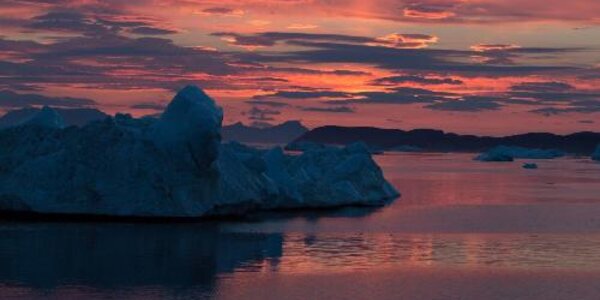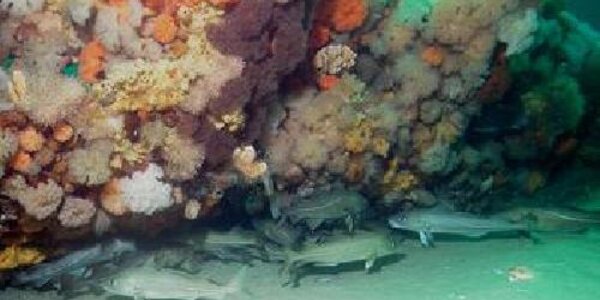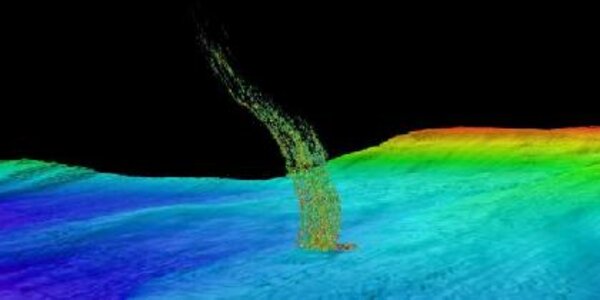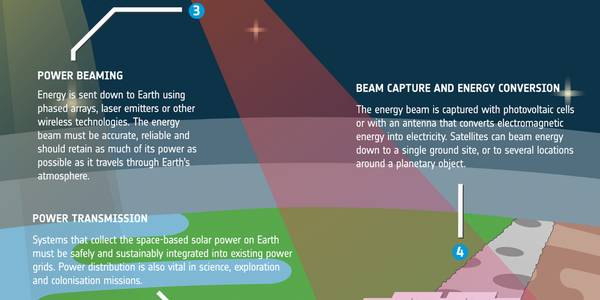Fertilizing Oceans With Iron - A Dumb Idea That Won't Help
Some scientists have been so convinced that iron fertilization will help mitigate carbon increases in the atmosphere that, as in Germany and other countries, they have violated international law with…









